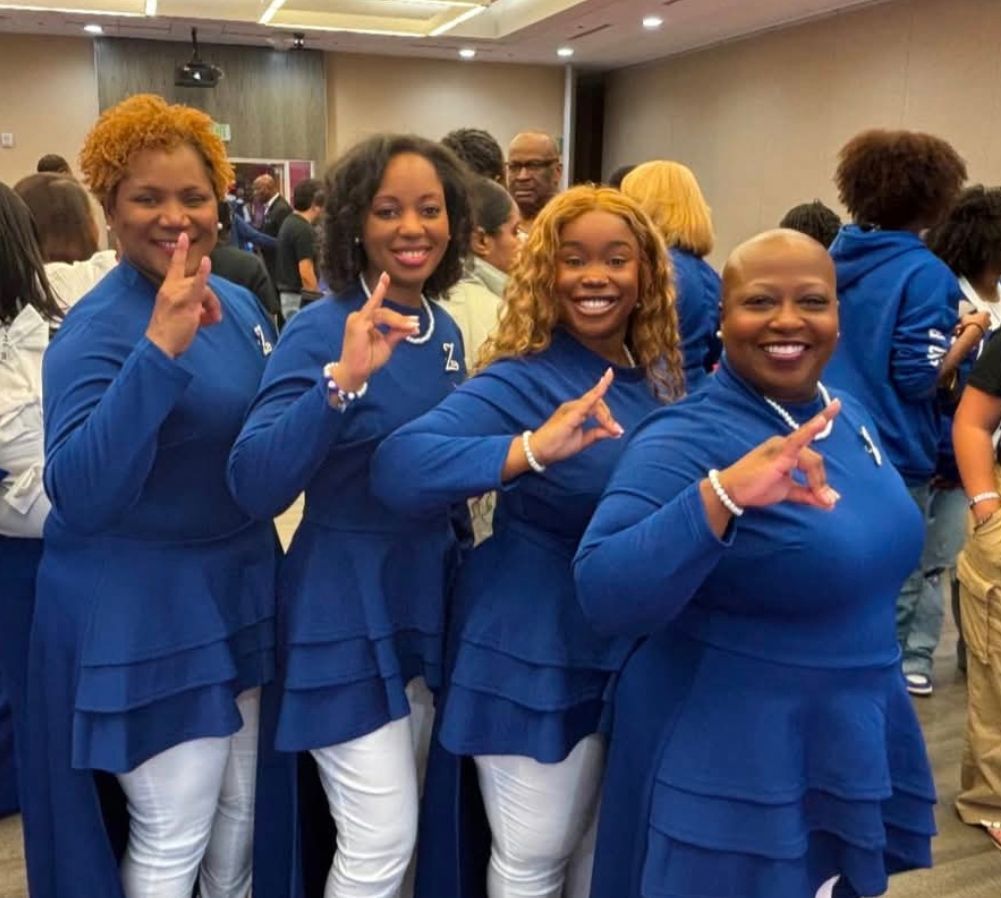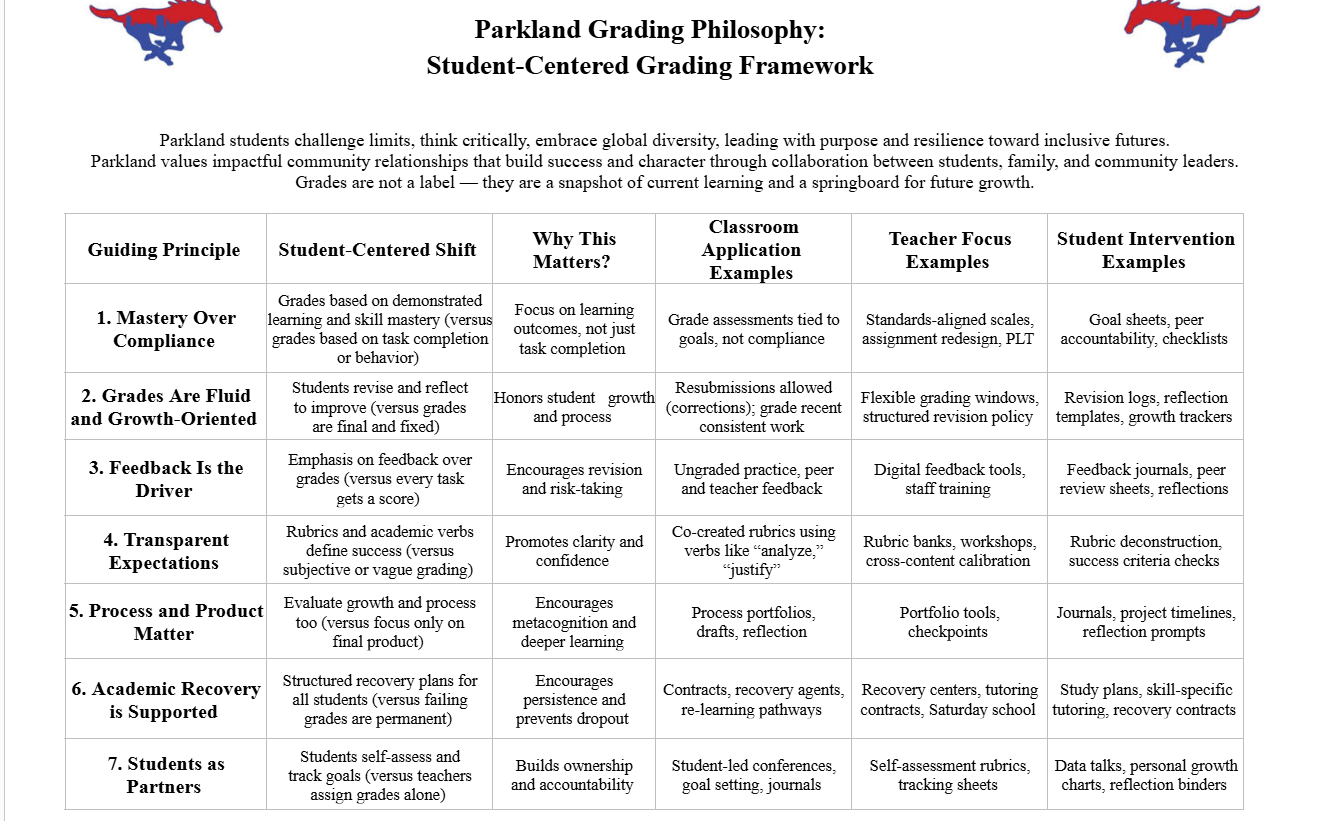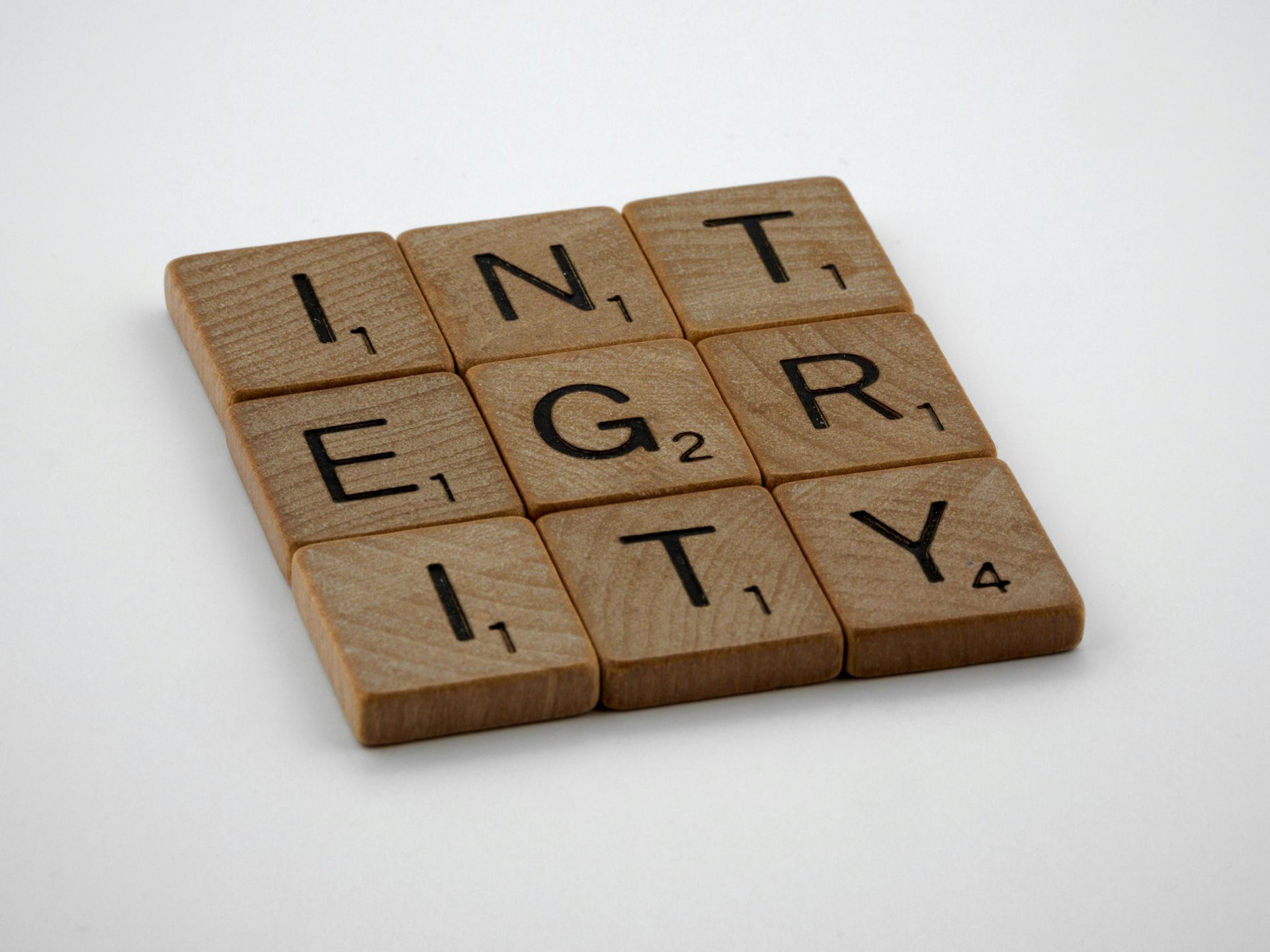Insights on Shifting Mindsets of Traditional Grading
New School Year, New Beginnings

It's been quite some time since I've been in the space to write due to "life", however, my passion about the necessity to reform the traditional grading system is still as urgent as ever. When we last met at the top of the new year, our school was having discussions about grading which were rooted in intentional dialogue about how we can grade with integrity and equitably. On a personal note, during the months ahead, for those that are familiar with joining a sorority/fraternity you know that a lot of your time is challenged by commitments you have to make during this time. Needless to say, my blogging was interrupted! However, I am elated to say to my readers that I am now a proud member of
Zeta Phi Beta Sorority Incorporated, Rho Zeta chapter! We uphold the principles of scholarship, service, sisterhood, and finer womanhood. In keeping with the principle of scholarship, continuing to pursue my quest of academic excellence in my field is of utmost importance to me, and indeed a great passion of mine, as stated previously.
Beginning my 2nd year as an IB MYP coordinator, I am excited to be a thought partner with my IB MYP colleagues who are new at thinking about grading in a different way. When we started the conversations about grading at the top of this year, it was refreshing to hear that an overarching theme is ultimately we all want to grade equitably and translate grades that are fair for our students. The challenging part is the transfer. How do we take actionable steps to make this a reality? One unique comment by a teacher that stood out to me was that yes, we want to grade our students based on the standards, but if a student is struggling, and they are trying their hardest, they don't want to see a student fail. What happens in this case, and if we're all being honest, teachers will help students pass. Whether this is by giving them extra credit, or extra points on a quiz/test, dropping the lowest test grade, etc. We want the best for our students. In a different light, these conversations brought out our biases in grading. If a student is just super sweet and never gives us any trouble, but they are struggling in a subject, again, teachers will help students pass. On the contrary, if the student has several absences, or presents challenging behaviors in class, some teachers are not as quick to offer the same kind of support to students. Oftentimes grades are used as weapons against our students. If students are caught cheating, we give them a zero. That'll teach them a lesson, right? Wrong! If we continue giving students zeros for behaviors we are not addressing the behavior. In my experience, the student will continue to cheat if the behavior is not addressed. How do you address it? Teach students about academic integrity. Give examples and follow up about how this behavior of cheating can not just affect you academically, but have grave consequences in other areas of their lives. Reframing our mindsets about giving zeros for academic misconduct will take time to shift.
Moving to this summer, I've had the privilege to be a part of a three day IB MYP training for our Year 4 (grade 9) teachers. For those not familiar with the IB MYP program, it is designed for students in Years 1-5 ( grades 6-10). The program is designed to be whole school and not a school within a school model. We started with this model at our school with the goal of whole school implementation in the years ahead. We are rolling out our MYP program to include all year 4 students this school year with training and supports for our administration as well as MYP teachers. We began with trainings on how we are already infusing the principles of the IB in our classrooms this past spring, as well as sending our MYP teachers to training. The summer training included, on day 3, a conversation about our school grading philosophy and the shift to using our MYP rubrics on a 1-8 scale and how to convert those scores into percentages. I think it was important that our assistant principals led the conversation and it is also important to note that the grading philosophy was crafted with input by multiple staff members, including our school improvement team, IB coordinators, and administration. During this discussion, and anytime, in my experience, when you discuss something so highly personal as grading, you could feel the initial pushback on the thought of teachers having to change the ways in which they grade, which in my opinion are more equitable. I also was on the receiving end of some pushback by one of my colleagues during this conversation, one that already knows my position, and I think felt a little angst in hearing it again, but in the end as I stated, we would just have to agree to disagree. I walked away from this conversation with a renewed respect and admiration for the IB Mission Statement which you can find below. As you read the last statement in blue, read it a second time, substituting the word teachers where it says students.
"The International Baccalaureate® aims to develop inquiring, knowledgeable and caring young people who help to create a better and more peaceful world through intercultural understanding and respect.
To this end the organization works with schools, governments and international organizations to develop challenging programmes of international education and rigorous assessment.
These programmes encourage students across the world to become active, compassionate and lifelong learners who understand that other people, with their differences, can also be right.
I think I will lean into this year focusing on this last statement while working with students as well as teachers. It is simple yet so profound to me!
In the end, I felt teachers in the room were by and large receptive, yet cautious, but willing to try something new for the benefit of our students. That to me, was a huge win and step in the right direction towards more fair and equitable grading practices.
During our back to school teacher workdays we had mini sessions on topics such as safety, lesson planning, procedures, etc. and our grading philosophy. I must say, this is a first in my 20+ years in education that I've been through a session on my school's grading philosophy. I am all the way here for this!!! By the way, if you are even thinking about shifting mindsets about grading, it is imperative that it is crafted with a team! This induces more buy-in which is critical for making positive gains in the pursuit of shifting mindsets on traditional grading. So now, the whole school has encountered the new grading philosophy. It is, in my opinion, a huge step in the right direction towards making our grades fair and equitable and inserting grace for students who are still learning, growing, and quite frankly deserve it! What is also important to know, is this is just the beginning. I'm sure as we walk this philosophy out this year there will be more conversations and revisions along the way, but I can tell you, I am excited to be on this path and can't wait to share with you more insights on shifting mindsets of traditional grading. I'll leave you with our current grading philosophy. I'd love to hear your insights. Send me an email with your thoughts. info@futurelinguists.com I just might present your insights in my next post!

4 of the "8 Wonderz of Finer"

Embracing a Growth Mindset in Education
Working with teachers who hold fixed mindsets about equitable grading can be a daunting challenge. However, embracing a growth mindset opens the door to transformative change. By fostering open dialogue and encouraging collaboration, we can shift perspectives and create an environment where equitable practices thrive. I believe that with patience and persistence, we can inspire educators to embrace innovative approaches that benefit all learners. Together, we can pave the way for a more inclusive and effective educational landscape. My hope is that you will continue to grow with me.
Rhonda Higgins
Founder and Program Director
Future Linguists, LLC
IB MYP Coordinator & Spanish Teacher






